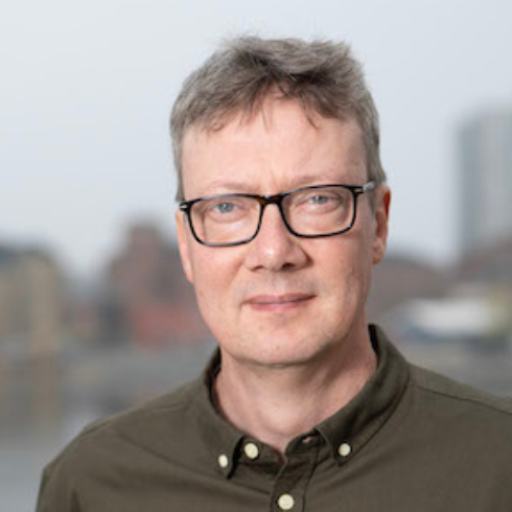Malmö University launches new engineering programme

“It is a recognition that we maintain a high level of our current programmes and that the Master’s of Science in Engineering programme we proposed is needed and timely," says Martin Höst, dean of the Faculty of Technology and Society.
Malmö University is now set to commence its first five-year engineering education; scheduled to start in the autumn of 2025, it will focus on computer science and engineering and will initially take in around 50 students.
“It is a recognition that we maintain a high level of our current programmes and that the Master’s of Science in Engineering programme we proposed is needed and timely. There is a great demand for this expertise in industry and elsewhere, so it is a programme that is attractive to many. It will contribute primarily to the region's development but also nationally,” says Martin Höst, dean of the Faculty of Technology and Society.
What specialisations will the programme have?
“The name is planned to be Master’s of Science in Engineering: Computer Science and Technology with specialisations in applied data science and Internet of Things (IoT). Data science is a growing interdisciplinary subject at the interface between computer science, mathematics and communication. Regarding the Internet of Things specialisation, there is currently no higher education institution in Sweden that has this. The importance of IoT is great in all aspects of society and the development is known as the fourth wave of digitalisation.”
Why is it important for Malmö University to have this engineering programme?
“It is important that we have a more complete range of programmes in subject areas where we already have a high level of expertise. This enables more students to stay with us and go on to research. We have also received pressure from the business community in the region for several years because there is a great need for engineers and computer scientists.”
Traditionally this sector is a male-dominated profession, how will you give it a more universal appeal?
“Some of our computer science programmes currently have a relatively high proportion of women compared to similar programmes outside of the University. But we will emphasise that teamwork is central and that teamwork benefits from diversity. And in teaching, we will endeavour to have female role models in the form of lecturers and supervisors. The students have also set up a student association for women and non-binary people on the engineering programmes.”
How do you see the possibility of recruiting the skills you need?
“We have already started recruiting staff for the programme, but we need to recruit more. Although the faculty already has sufficient teaching skills to run the proposed programme, some new recruitments are required to handle the increased volume of educational assignments.”
Years one to three of the programme are to be taught in Swedish, and four to five in English. Professor Paul Davidsson, director of the research centre Internet of Things and People, has been responsible for the work on the application for the programme:
"We are very pleased that the work on the development of the programme and the application, which started about two-and-a-half years ago and involved a large number of the faculty's teachers, is being rewarded in this way," he says.
Text: Magnus Erlandsson & Adrian Grist
